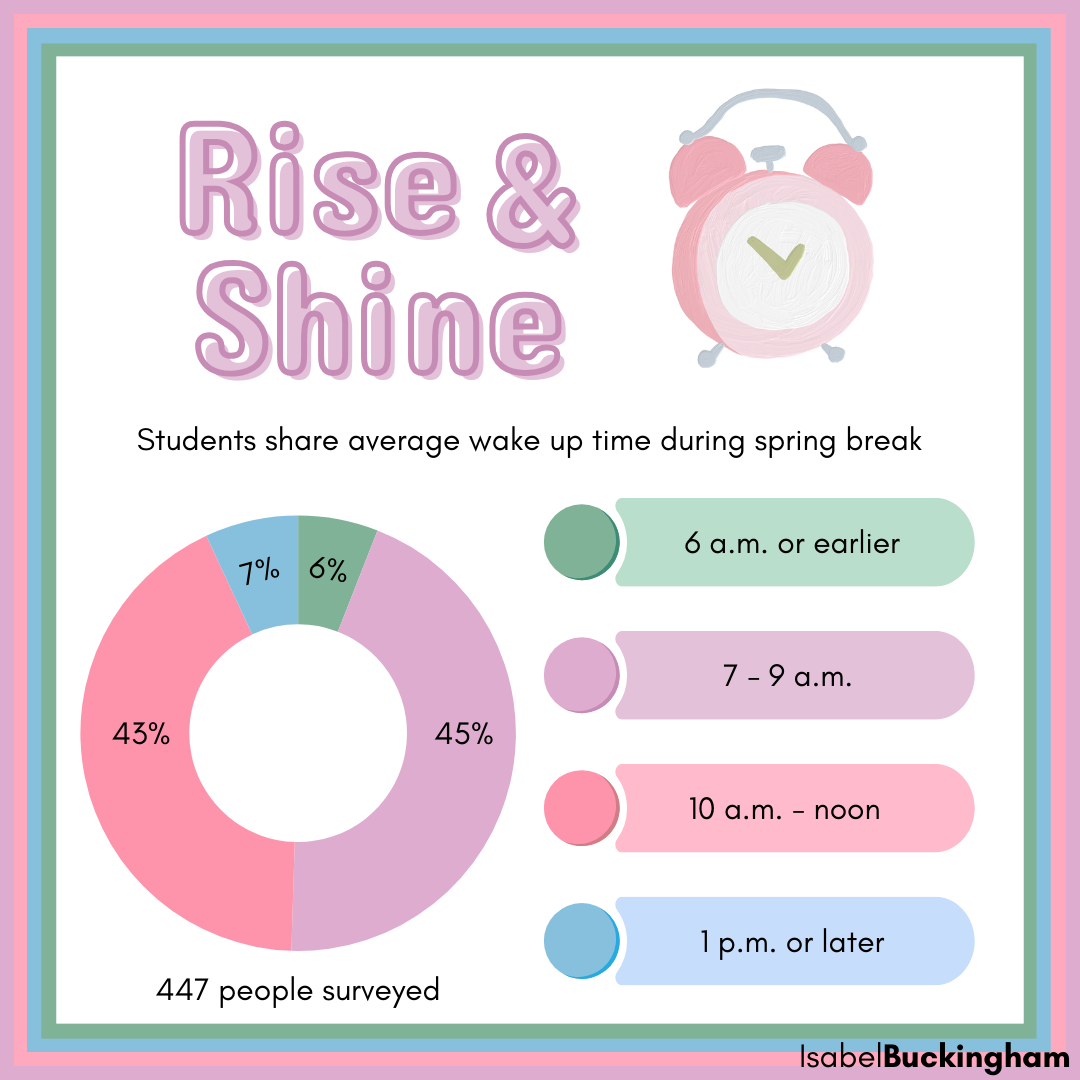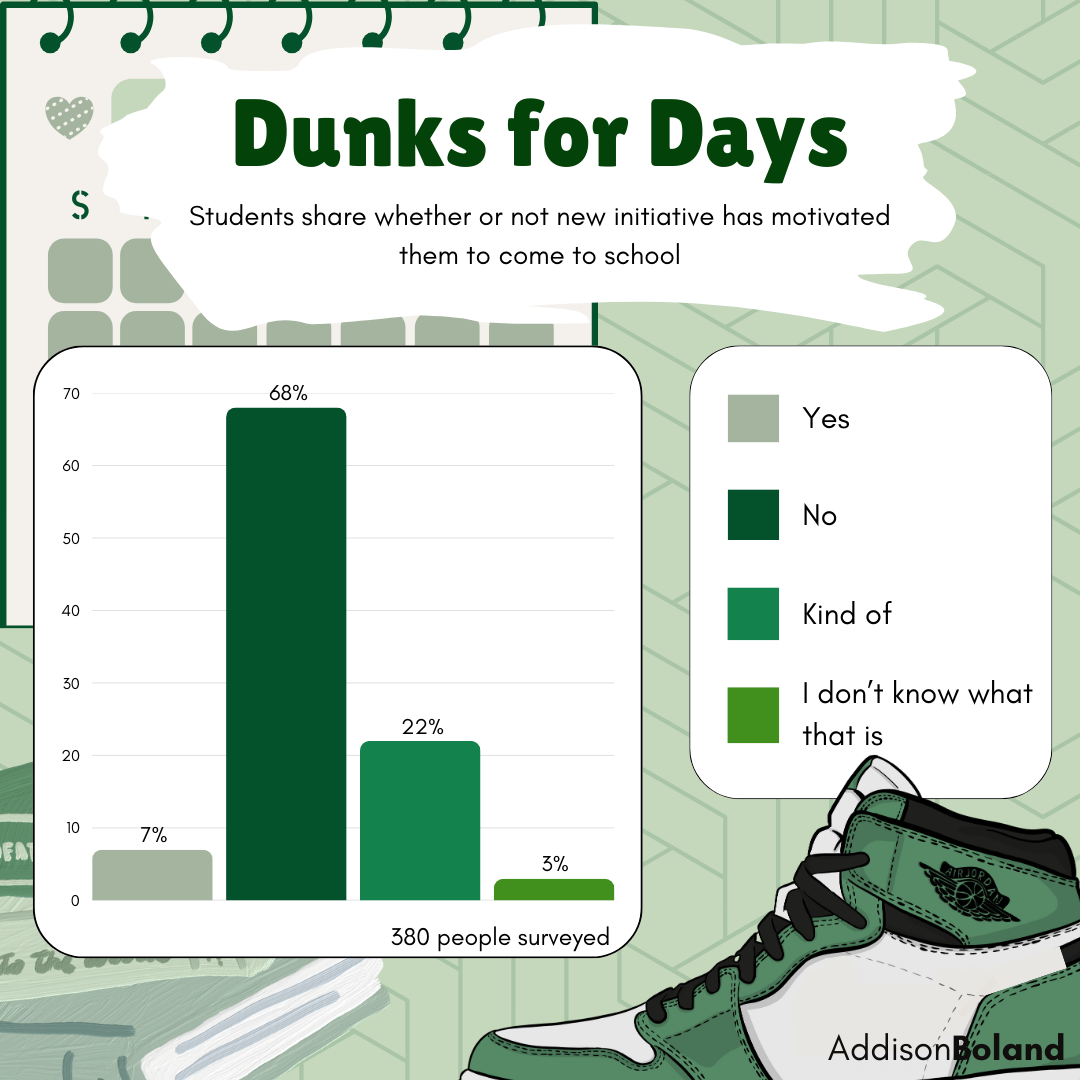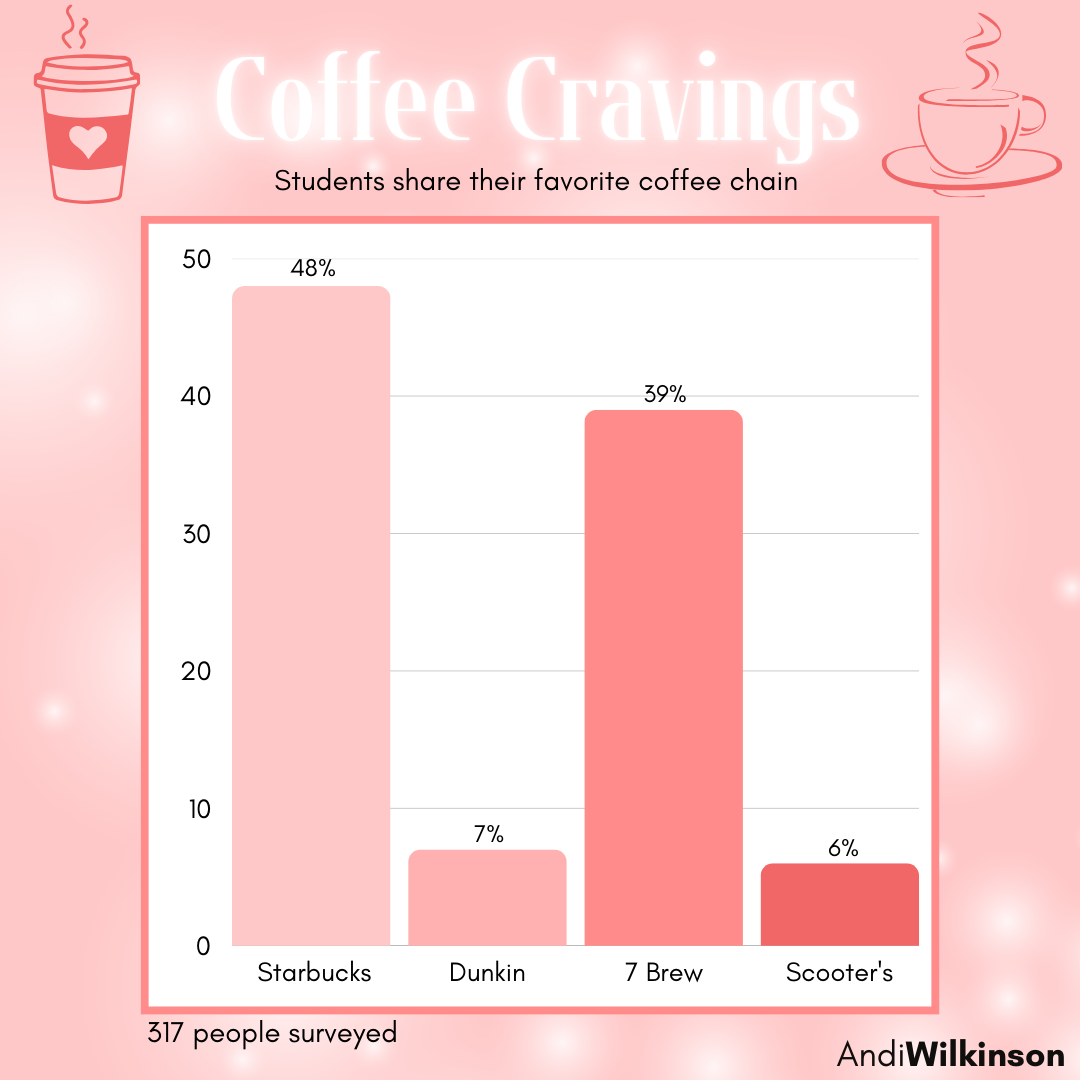Waking up at 5 a.m. is never easy, but he’s become used to it. That’s really when junior Blake Shinkle’s day begins. He has come to realize there are hardly enough hours in a day. He stays up until midnight- sometimes later- just to finish what he’s working on, and when he wakes up in the morning, he picks up where he left off. When that’s finished, he moves on to the next activity he has scheduled. Sometimes that’s baseball, sometimes it’s summer assignments. Any extra free time he has, he spends it at BCS Design in his office working.
Aside from relaxing poolside during the summer, students have to also focus on their busy schedules. However, when school starts and schedules become more hectic, these students will realize the hardships of taking on more than they can handle. All the while, they give as much extra free time as they can devoting themselves to their jobs.
In order to balance their various activities, students often have to cut back hours at work. During the summer, Shinkle worked five days a week for around 25 to 30 hours. However, due to extra commitments during the school year, he will work three days a week and will only have about 10 to 15 hours.

State organizations recognize the hardship of balancing school and work. According to the Kansas Department of Labor & Industries, during non-school weeks, the most a teenager can work is between 40 to 48 hours. However, on school weeks, the most a teenager can work is between 16 to 20. Even though working over the set amount of hours is illegal by law, teens still struggle with overworking themselves with the various activities they are faced with.
“The stress of balancing a job and my busy schedule can sometimes become too much for me to handle,” Shinkle said.
Shinkle is taking Anatomy, Drafting 2, and Advanced Algebra during this school year. The estimated time for that homework alone is four to six hours a night. In addition, Shinkle plays baseball for Next Level Baseball; the team practices Mondays and Tuesdays and have tournaments that usually start on Thursdays and go through Sunday.
“During summer my schedule is crazy enough, but when honors classes and school projects are added into the mix I hardly have any time left over,” Shinkle said. “It’s stressful because all the extra free time that I do have goes to my job, and then I have to miss out on a lot of fun things like hanging out with friends.”
For some students, balancing their school work, social life, extra curricular activities and job has become a routine and part of their day to day life. Senior Abby McFeeters has learned how to prioritize and manage her time so that she is able to enjoy waitressing at Applebee’s and also maintain good grades.
“My work schedule doesn’t change after school starts,” Mcfeeters said. “I always work 20 or more hours a week. I keep my schedule the same because it helps me manage my time better.”
Using time management, the student can prioritize the most important to the least important activity. According to a study done by Kansas State University on time management for students, one hour of planning will save ten hours of doing.
“I think it [working full hours] actually helps me with school and other activities because I have to watch my time,” McFeeters said. “I can’t put assignments off or wait to do something important- I have to plan ahead. Time management is key.”
For some students who are new to employment, it can sometimes be hard to get into a routine. Sophomore Hannah Harrick started working at Smoothie King this summer, but with her many commitments such as cheerleading camps, cheerleading practices and online classes, she was only able to work a maximum of 10 hours a week.
“When school starts there will be so much more going on and so many more time commitments, I don’t know if I’m going to be able to find the time to work,” Harrick said.
These students have discovered different ways to keep up with busy schedules.
“There’s always just so much to do in so little time,” Shinkle said. “Summer was never about relaxation for me- it was always ‘done with one activity, now on to the next.’ I really learned how to decide what was worth my time and what wasn’t. Now with school starting, it’ll get harder to prioritize the most important to the least important, because all of the things that I do matter to me. I hope I don’t get lost in the maze of my busy schedule.”









